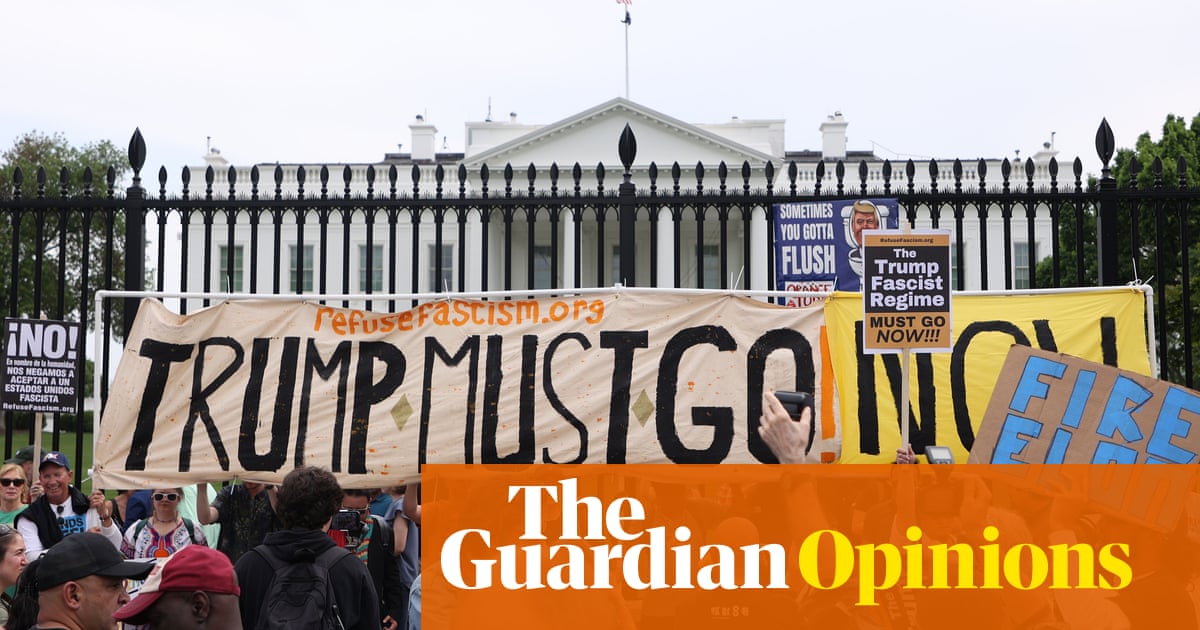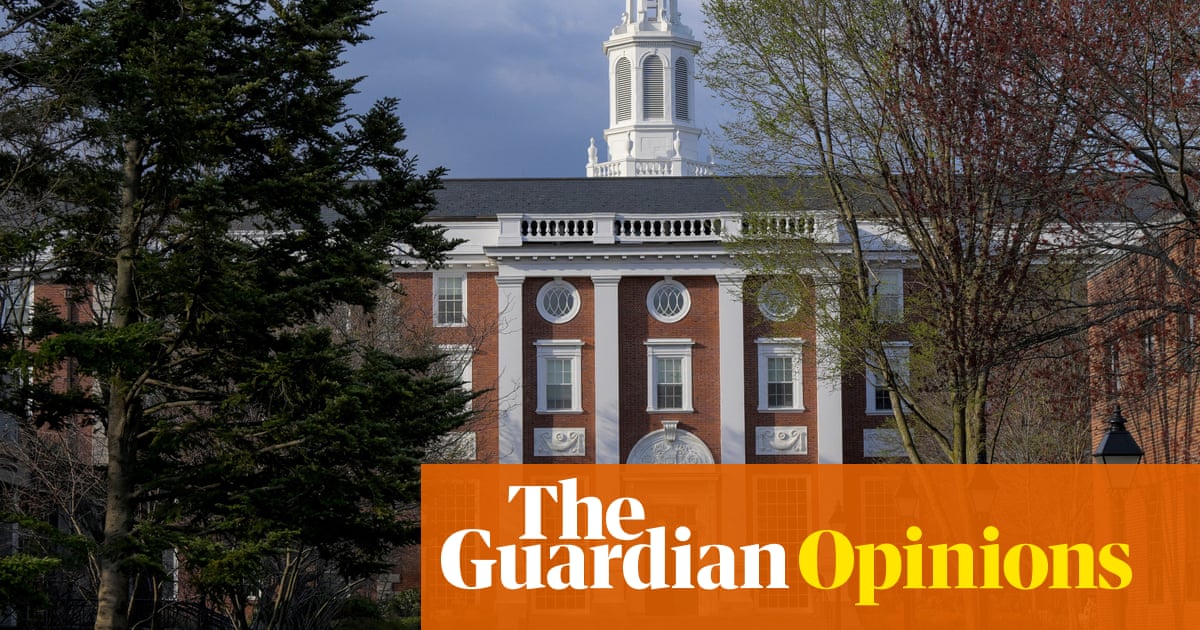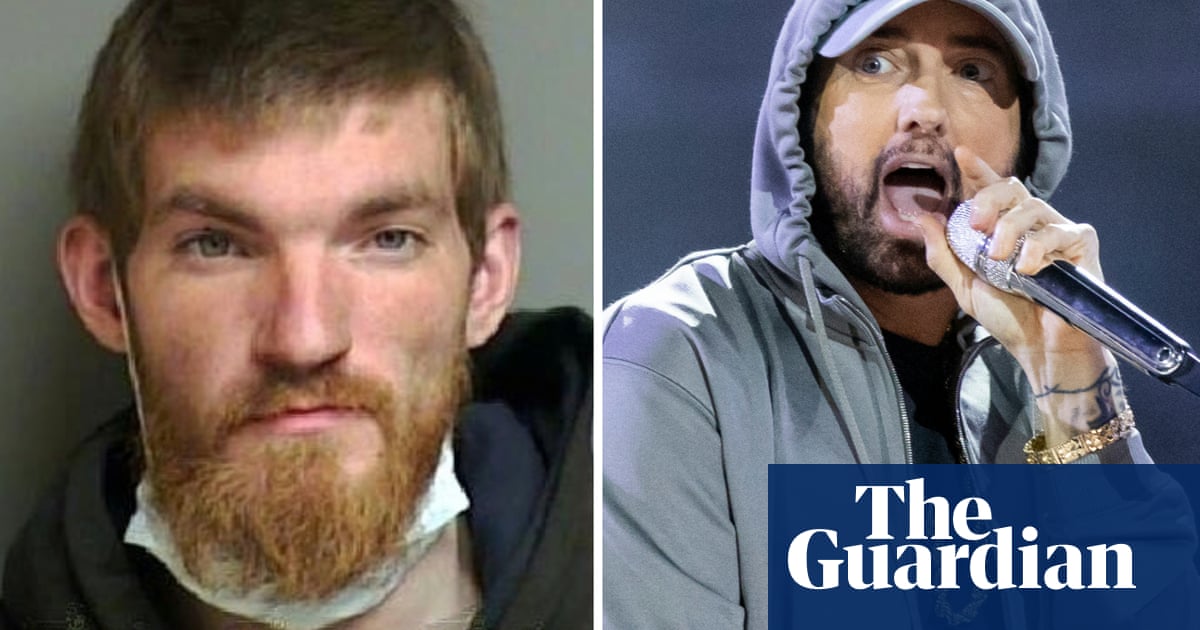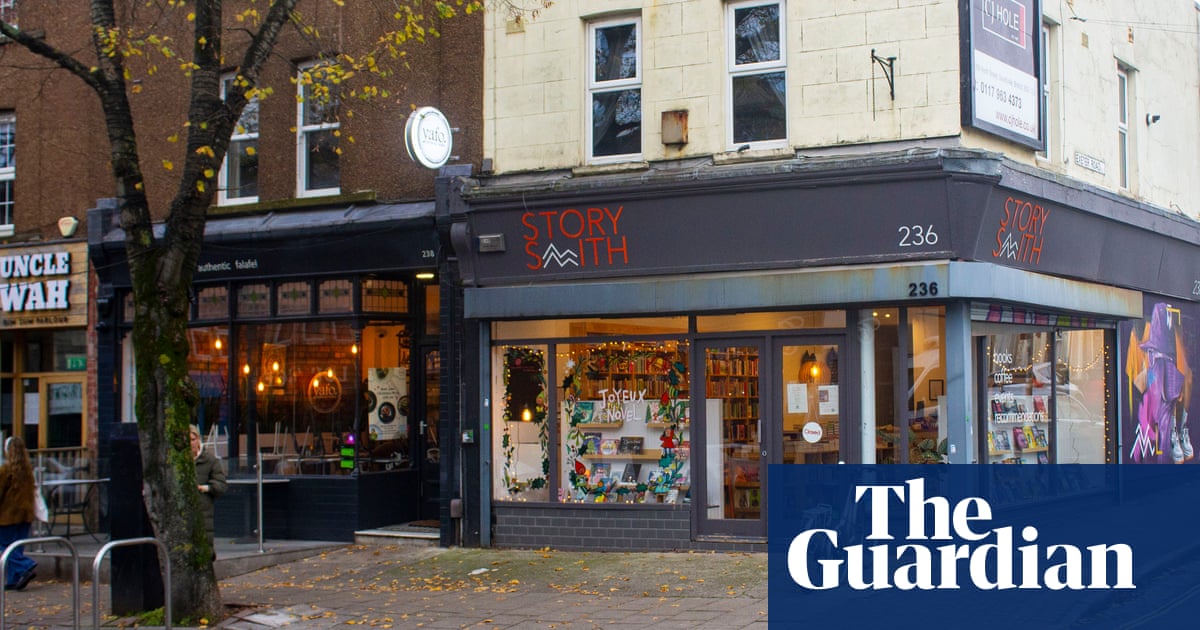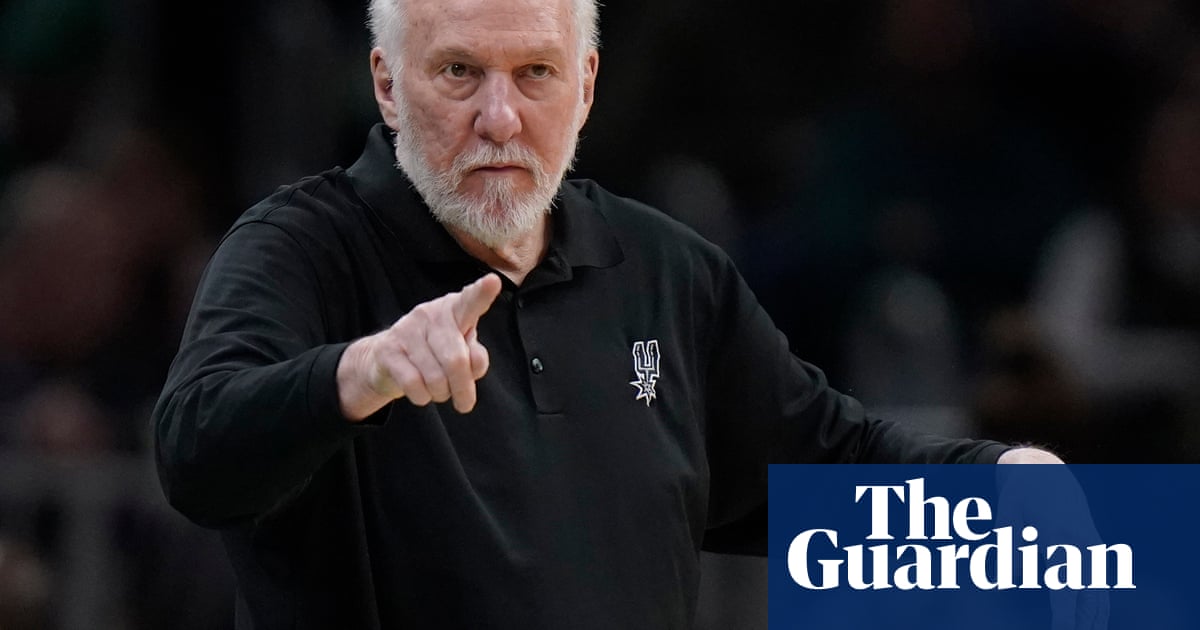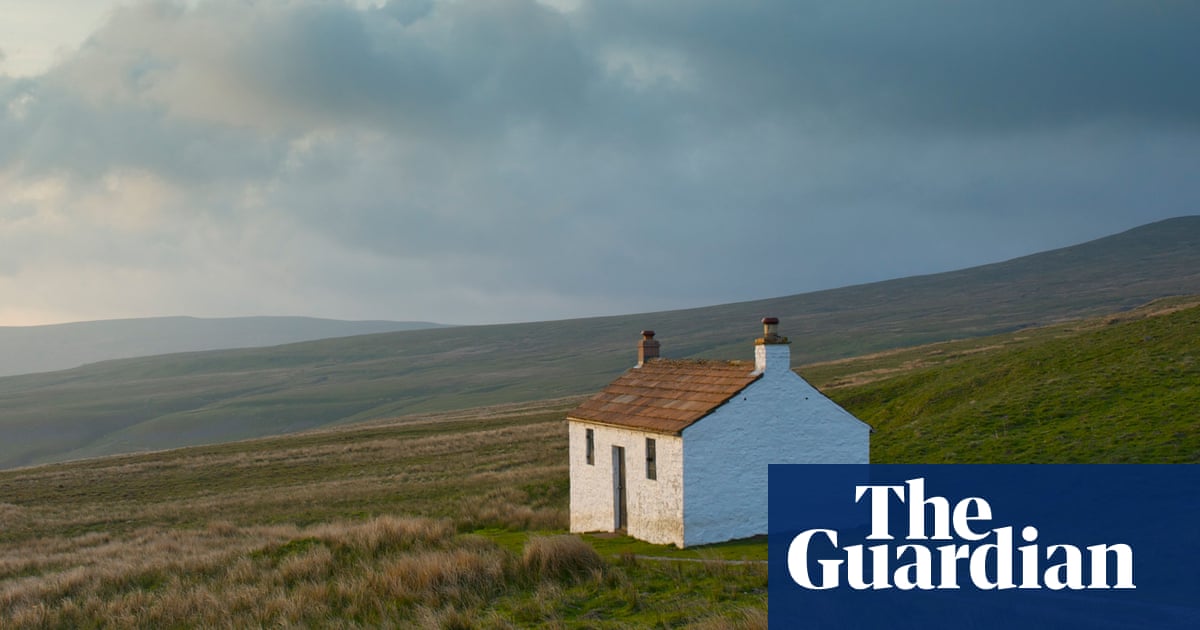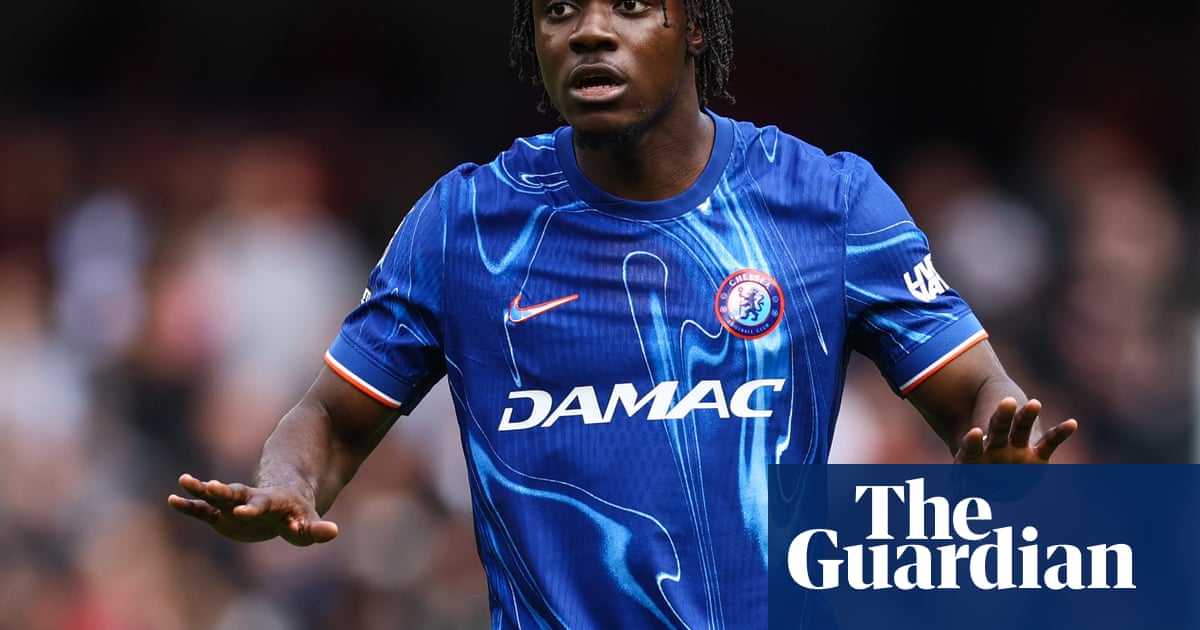Democracy is dying across the globe. This may sound alarmist and generate a follow-up question: what does that actually mean? Will there be no elections? Will the opposition be criminalised? If these are the metrics, then Vladimir Putin’s Russia remains a democracy. Six political parties are represented in the State Duma, its federal parliament, and there are more than 20 registered political parties. Well, as you probably understand, Russia is no democracy: indeed, this is a nation veering past authoritarianism and into totalitarianism, with more Russians being persecuted for political activity than since the days of Joseph Stalin.
Faith in democracy is unquestionably on the decline. A new study finds that a fifth of Britons under 45 believe that the best system for running a country effectively is “a strong leader who doesn’t have to bother with elections” compared with 8% of their older counterparts. That mirrors other findings across the world. A study by Cambridge researchers in 2020 examined attitudes in 160 countries and found that younger generations “have become steadily more disillusioned with democracy”. And according to the Pew Research Center, nearly two-thirds of citizens in 12 high-income nations were dissatisfied with democracy in 2024, up from just under half in 2017.
Why is this happening? An economic model that delivers stagnation and insecurity has much to answer for. The Cambridge study concluded that economic exclusion was a major reason for discontentment among young people. The case of Russia is instructive. As the Soviet Union disintegrated, the new Russian president, Boris Yeltsin, declared in 1990: “We can ensure that the people’s living standards do not fall, and in fact they should rise in time.” Within four years, the real incomes of Russians halved, with 32 million Russians driven into poverty thanks to shock-therapy policies. By 2021, just 16% of Russians endorsed “the western model of democracy”. The turmoil of free-market capitalism was delivered under the banner of democracy, producing a sense of disillusionment that Putin has deftly exploited.
Britain has not suffered the horrors of 1990s Russia. Even so, a toxic combination of neoliberal economic policies and austerity have battered the young. Thatcherism promised freedom and instead delivered insecurity. Secure jobs have evaporated, rents have escalated, wages have fallen, youth services have been decimated and graduates face punishing debts for attending university. Younger Britons have suffered the brunt of policies most of them never voted for. It’s no wonder democracy seems increasingly unappealing to them and to their peers in other countries who have suffered at the sharp end of neoliberalism. In France, for example, nearly a third of young people say they have lost faith in democracy.
There is something else in the mix though. Take the United States. The 1960s and 70s offered endless fertile ground for a Trump-like figure to emerge and triumph. The economy was in crisis – a toxic blend of high inflation and stagnant growth. There was an aggressive racist backlash against the civil rights movement, as well as riots across the US. Violent crime surged to much higher levels than today’s, with homicide doubling between the mid-60s and late 70s. After nearly 60,000 US soldiers died in the Vietnam war, the conflict ended in humiliating defeat, and the sense of the US as a power in decline was pervasive. The backlash against the left was far more widespread, as epitomised by the “hard hat riot” of 8 May 1970, when hundreds of construction workers violently attacked anti-war protesters in New York.
Trump’s closest mainstream equivalent back then was George Wallace, a racist and segregationist who was still less crude and demagogic than the current president-elect. He secured 13.5% in the presidential election of 1968, and the US ended up with Richard Nixon and then with Ronald Reagan, a rightwinger of a rather different breed. Indeed, the US of the 1930s showed far more susceptibility to fascist sympathies than it did during the 60s and 70s. The Nazi-sympathising priest Charles Coughlin boasted 30 million listeners to his radio show when the US population was below 130 million; one poll suggested he was second in popularity and power only to President Franklin D Roosevelt.
What’s changed? The shadow of the fascist experience of the 30s, which led to a genocidal war of annihilation, has lost its power. The stigma of dictatorship and far-right extremism has diminished. American voters of the 70s might have been profoundly disillusioned, but they would have looked at Trump and fretted that he had too much of a whiff of a Mussolini, too much of an echo of a Hitler. This fear no longer applies.
Democracy under capitalism has always been heavily curtailed by corporate interests and plutocrats who have enjoyed far greater power than the average voter. When capitalism falls into crisis, as it did in 2008, its profound flaws generate popular fury. The question is who harnesses this. One major danger is that the ascendant far right has developed a devastatingly successful social media strategy, radicalising ever-growing numbers of followers, while the left is light years behind.
People are right to be enraged, but that anger is being redirected at all the wrong targets. Faith in democracy is crumbling because of a failed economic system, and unless convincing answers to this crisis are offered, that may prove fatal.
-
Owen Jones is a Guardian columnist

 3 months ago
58
3 months ago
58
